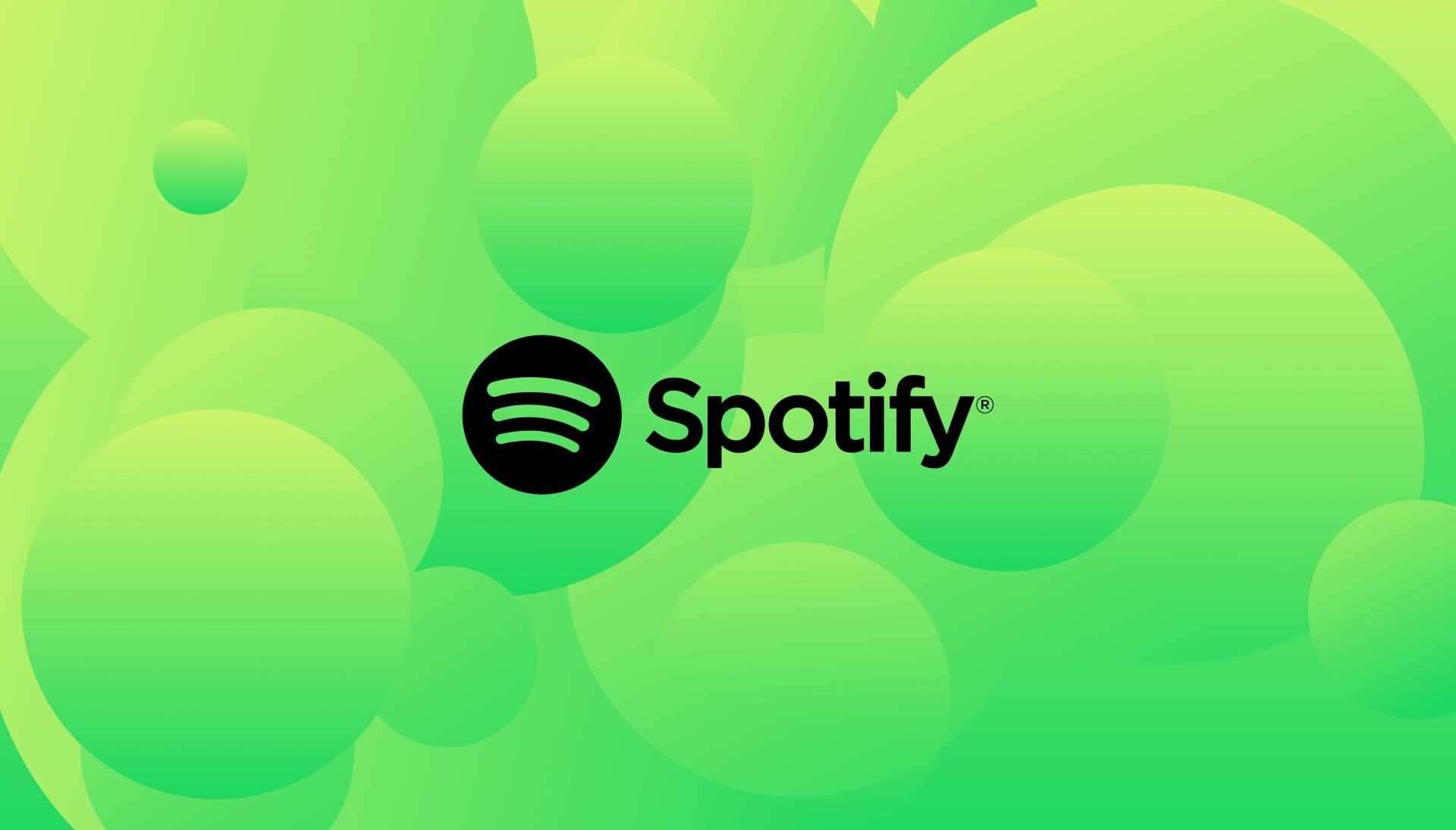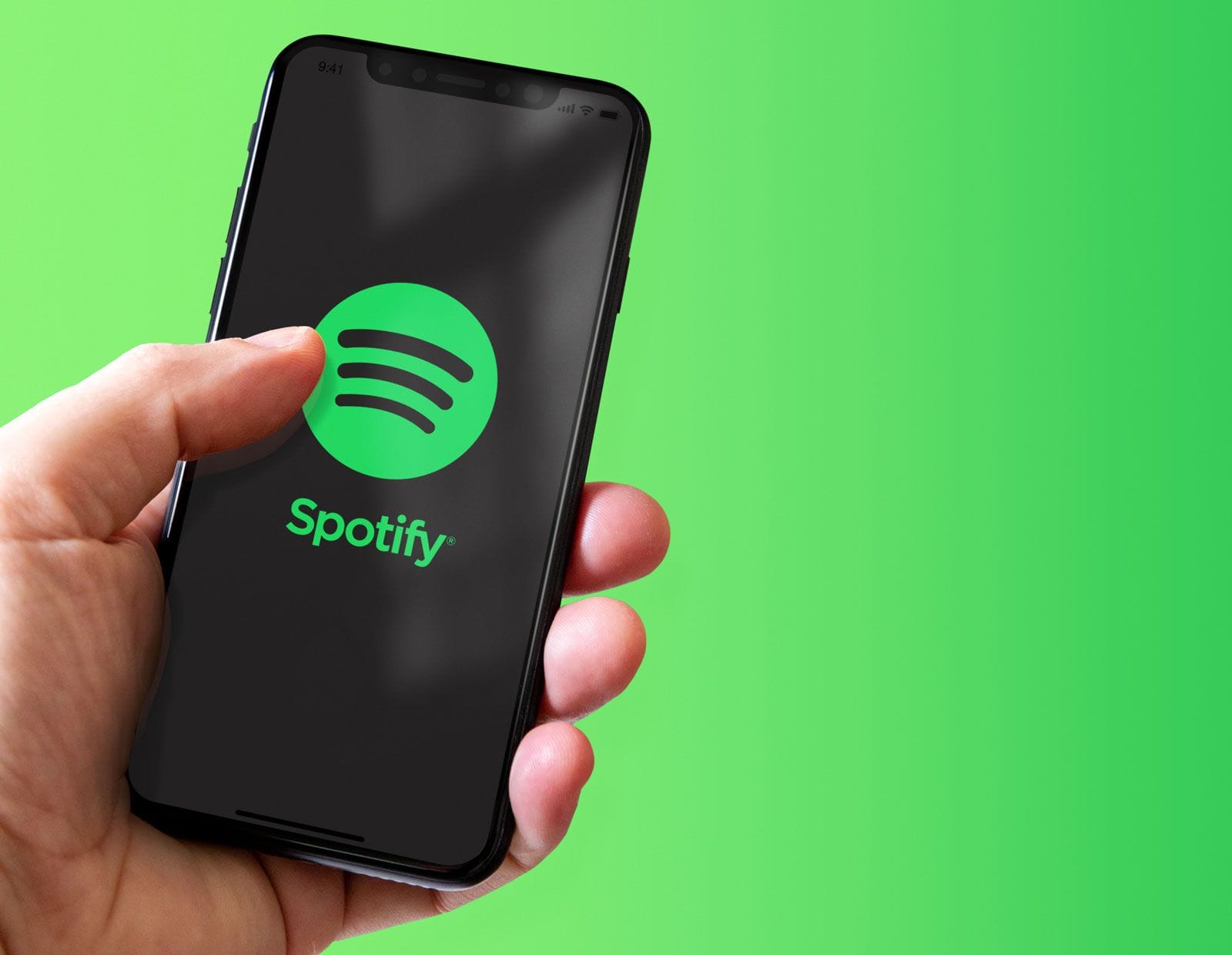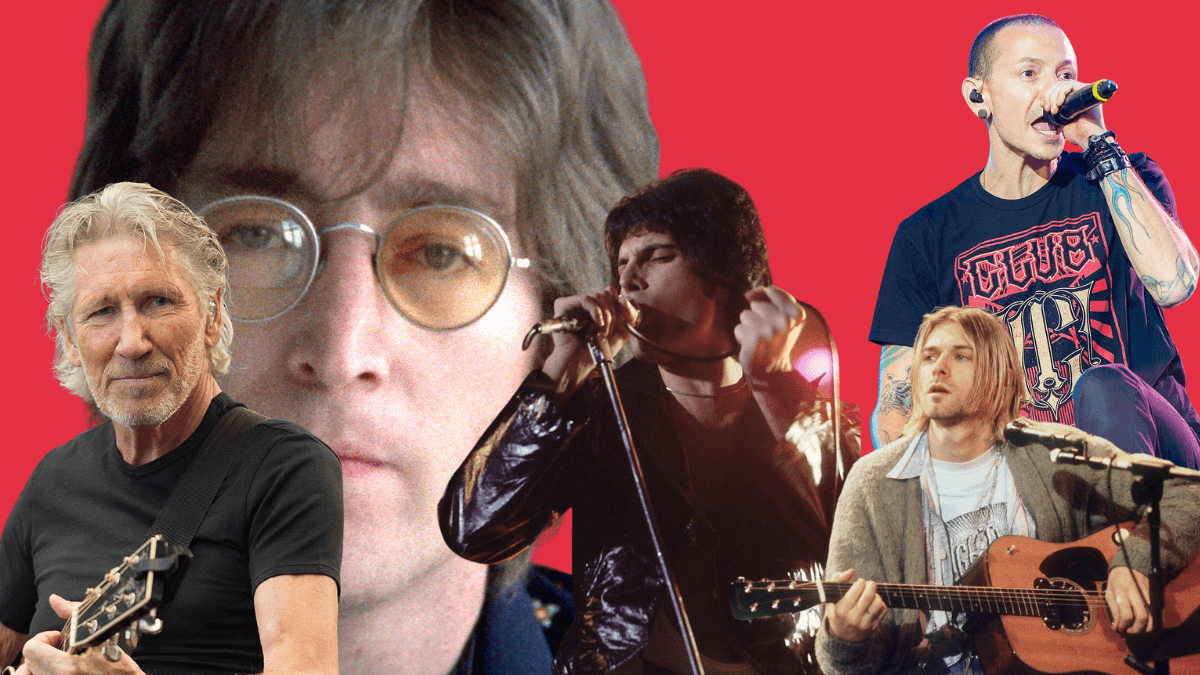Spotify has revolutionised the music industry by offering instant access to an immense catalog of songs. Yet, beneath its sleek interface and progressive branding, it operates as a capitalist machine that prioritises profit over fairness.
This business model disproportionately harms independent artists, particularly women and marginalised communities, while also shaping cultural attitudes in ways that reinforce gendered violence.
This business model disproportionately harms independent artists, particularly women and marginalised communities, while also shaping cultural attitudes in ways that reinforce gendered violence. Through algorithmic biases, Spotify not only dictates what people listen to but also amplifies misogynistic content while sidelining feminist voices.
There is a need to examine Spotify’s exploitative business model, the algorithmic biases that perpetuate gender disparities, and the psychological effects of music consumption on attitudes toward gender-based violence. We must also explore feminist legal perspectives on media’s role in normalising harmful social norms.
Spotify’s exploitative business model: who profits, who loses?
Spotify’s financial structure is built on an unfair distribution model that benefits major record labels while underpaying the very artists who make its platform possible. Artists receive an estimated $0.003 to $0.005 per stream, meaning that even with 1,000 streams, a musician earns only $3 to $5. To reach the U.S. monthly minimum wage of $1,500, an artist would need over 300,000 streams per month—an unattainable goal for most independent musicians, especially those facing systemic discrimination.
In comparison, other streaming platforms offer slightly better pay, as Apple Music pays around $6.20 per 1,000 streams and Amazon Music provides approximately $8.80. However, Spotify’s deals with major record labels—Universal, Sony, and Warner Music—ensure that these corporations take the largest cut of streaming revenue, exacerbating wealth inequality in the music industry.
Case study: independent artists speak out
Kam Franklin, an independent artist from Houston, has been vocal about Spotify’s failure to compensate musicians fairly. She notes that most independent artists must rely on live performances and vinyl sales to sustain their careers rather than streaming revenue.
She notes that most independent artists must rely on live performances and vinyl sales to sustain their careers rather than streaming revenue.
Research from the USC Annenberg Inclusion Initiative reveals that women make up only 21% of top-charting artists, and even when they do succeed, they receive less promotion and fewer financial rewards than their male counterparts.
How Spotify’s algorithms perpetuate gender bias
Spotify is not merely a passive streaming service; it actively curates, recommends, and amplifies certain types of music while suppressing others. Its algorithmic biases play a key role in reinforcing gender disparities within the industry.
For example, Spotify’s playlists and radio algorithms overwhelmingly prioritise male artists, reinforcing industry trends that grant men greater visibility, more streams, and higher earnings. A study found that only 25% of Spotify’s most popular playlists feature female artists, significantly limiting their exposure to wider audiences.
Moreover, Spotify’s algorithm rewards engagement, and songs with sexually aggressive lyrics or that objectify women tend to perform well in terms of listener interaction. Consequently, the platform promotes such music more heavily. Popular playlists like Rap Caviar and Hot Hits frequently showcase tracks that glorify hyper-masculinity and male dominance, while feminist artists struggle for visibility.
Research by Christine Bauer and Andrés Ferraroon music recommendation systems highlights that platforms like Spotify mirror the biases of the music industry, further entrenching gender inequalities.
Research by Christine Bauer and Andrés Ferraro on music recommendation systems highlights that platforms like Spotify mirror the biases of the music industry, further entrenching gender inequalities. Their findings suggest that unless algorithms are actively designed to counteract these biases, they will continue to reinforce existing disparities.
The psychological effects of misogynistic music on behavior
The music we consume influences our perceptions, emotions, and even real-world behaviors. Research in psychology and gender studies has consistently shown that exposure to misogynistic lyrics contributes to an increased tolerance of gendered violence. A study by Tobias Greitemeyer and Peter Fischer found that men who listened to sexually aggressive music were more likely to accept rape myths and exhibit aggressive thoughts toward women.
Similarly, a 2016 study in Inquiries Journal demonstrated that young people exposed to sexist lyrics internalised harmful gender attitudes, resulting in diminished empathy for victims of gender-based violence. Repeated exposure to music that dehumanises women can desensitise listeners, reducing their emotional response to real-world violence and making such behavior seem normal or acceptable.
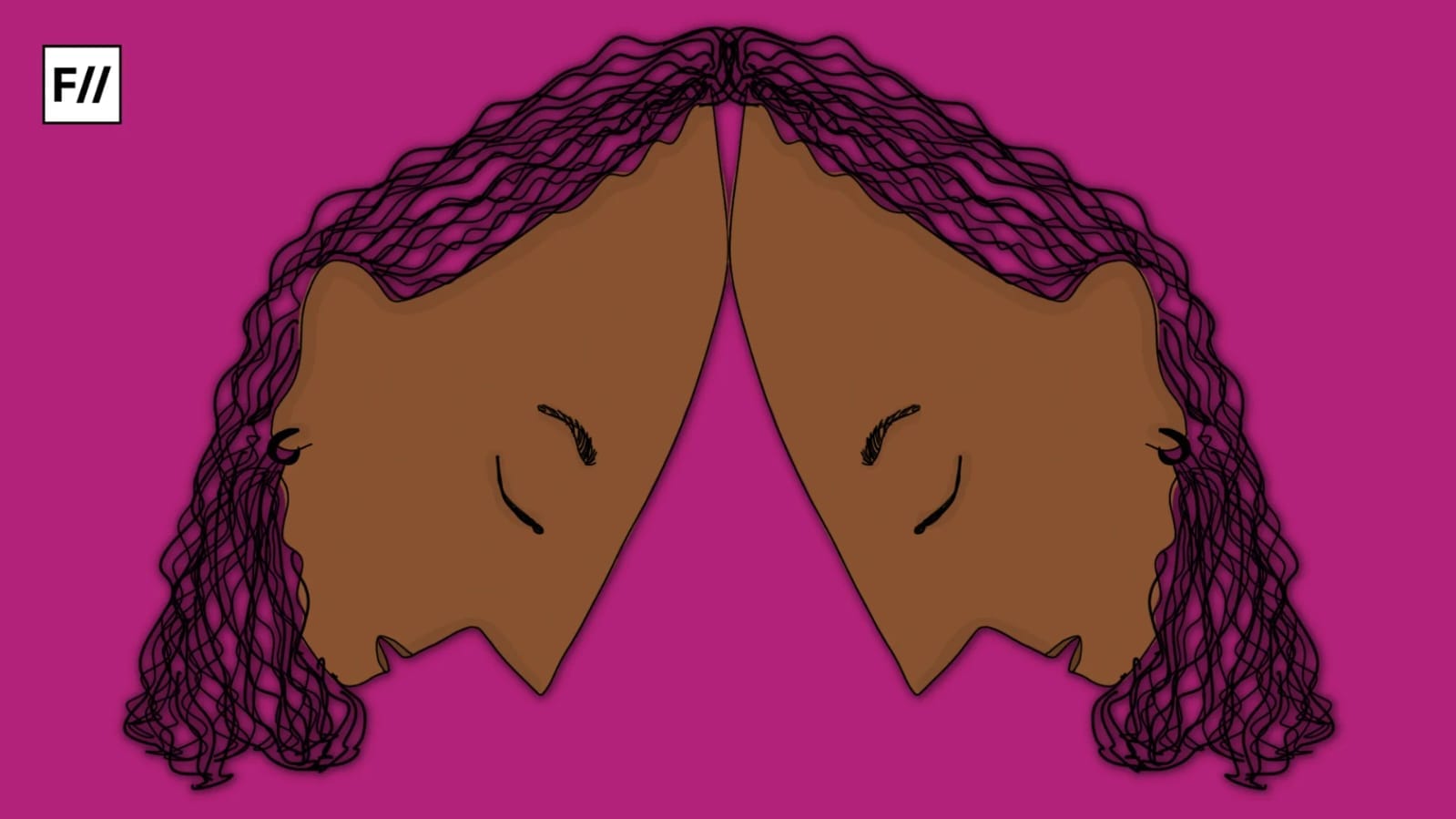
Case study: music and real-world aggression
A 2018 study by the University of South Florida explored the impact of violent song lyrics on behavior and found that listeners exposed to misogynistic lyrics displayed increased aggression toward women. The case of rapper XXXTentacion, whose music thrived on Spotify despite allegations of domestic violence, further illustrates how the platform enables artists with histories of abuse to profit from their content.
Gender jurisprudence: Spotify’s role in reinforcing rape culture
Feminist legal scholars argue that media, including music, plays a crucial role in shaping societal perceptions of gender-based violence. Catharine MacKinnon’s theory of dominance feminism posits that media upholds patriarchal dominance by normalising coercion, male entitlement, and the trivialisation of consent.
These narratives influence real-world legal cases; studies have shown that rape myths often reinforced through music and media are used to discredit victims in sexual assault trials. Given its global influence, Spotify bears direct responsibility for perpetuating these harmful narratives by amplifying misogynistic content and marginalising feminist voices, thereby contributing to the normalisation of rape culture.
How to challenge Spotify’s role in gender inequality
A feminist response to these issues must involve policy changes, activism, and consumer awareness. One important step is demanding algorithmic transparency from Spotify, ensuring that the mechanisms behind its music recommendations are publicly disclosed and designed to avoid disproportionately amplifying misogynistic content.
A feminist response to these issues must involve policy changes, activism, and consumer awareness.
Another key approach is to support fair pay for artists by advocating for a user-centric payment model, where musicians are compensated directly based on their streams rather than relying on pooled revenue that favours major labels.
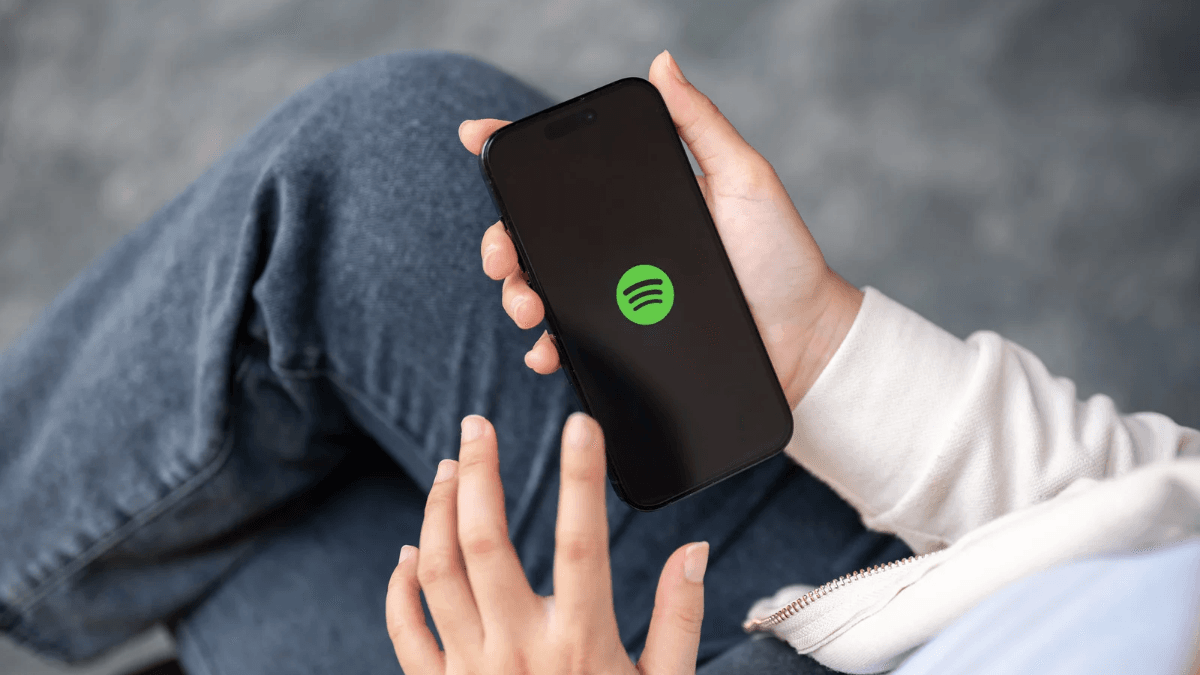
Additionally, it is imperative to advocate for content moderation measures. Spotify could introduce content warnings and regulate music that promotes gendered violence, similar to how some social media platforms handle hate speech. Finally, consumer activism plays a vital role; listeners can choose to boycott exploitative practices, support feminist and independent artists, and pressure Spotify to implement ethical reforms.
A call for feminist disruption
Spotify is not a neutral platform; it actively shapes cultural attitudes, gendered behaviours, and economic inequalities. Although it has transformed music consumption, the platform has also deepened existing power imbalances in the industry and reinforced narratives that normalise gender-based violence.
A feminist response must go beyond mere critique, calling for structural disruption, algorithmic accountability, and ethical consumer choices. Until such changes are realised, every time we press play, we must ask: Who profits, and at whose expense?
